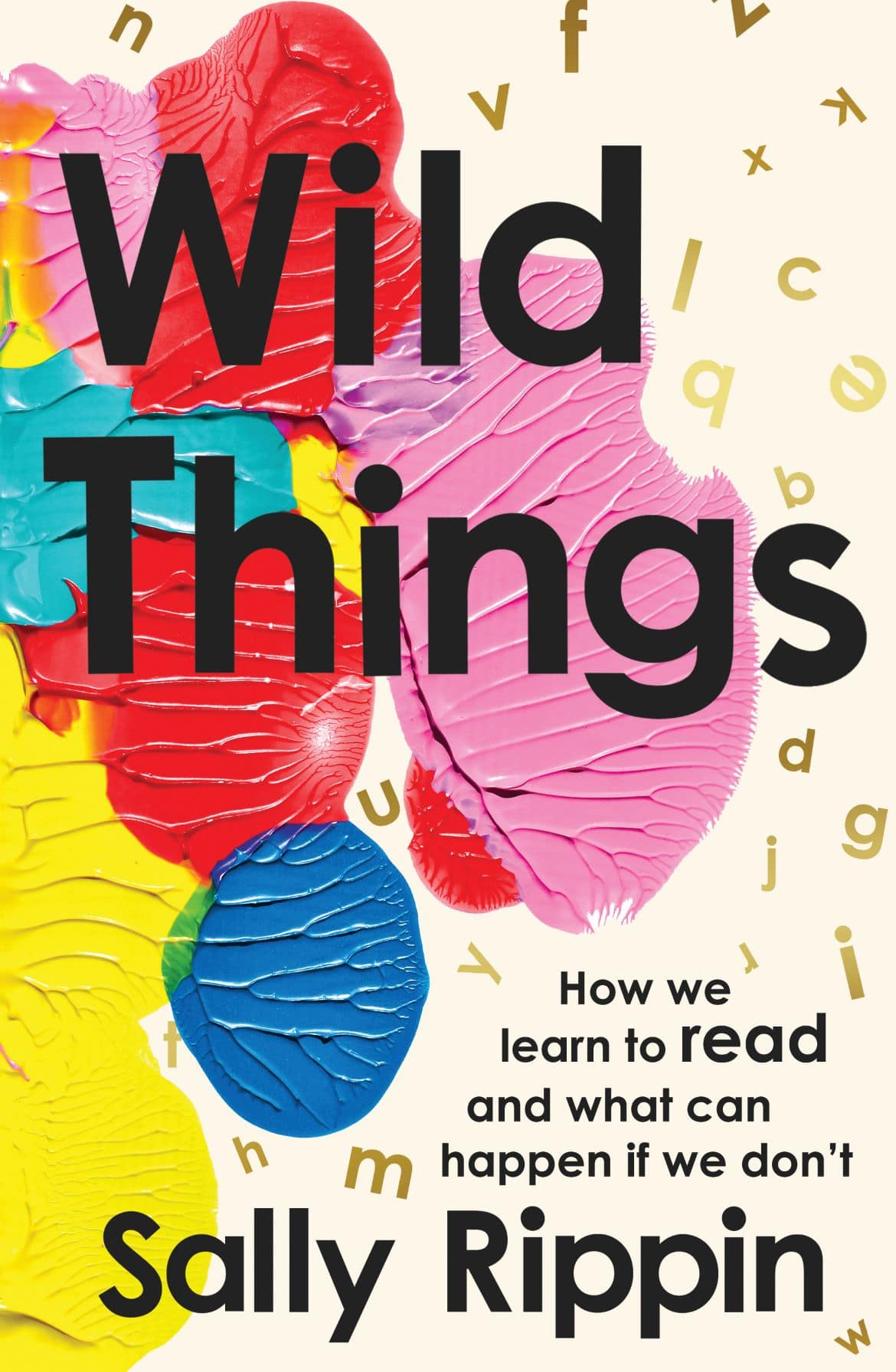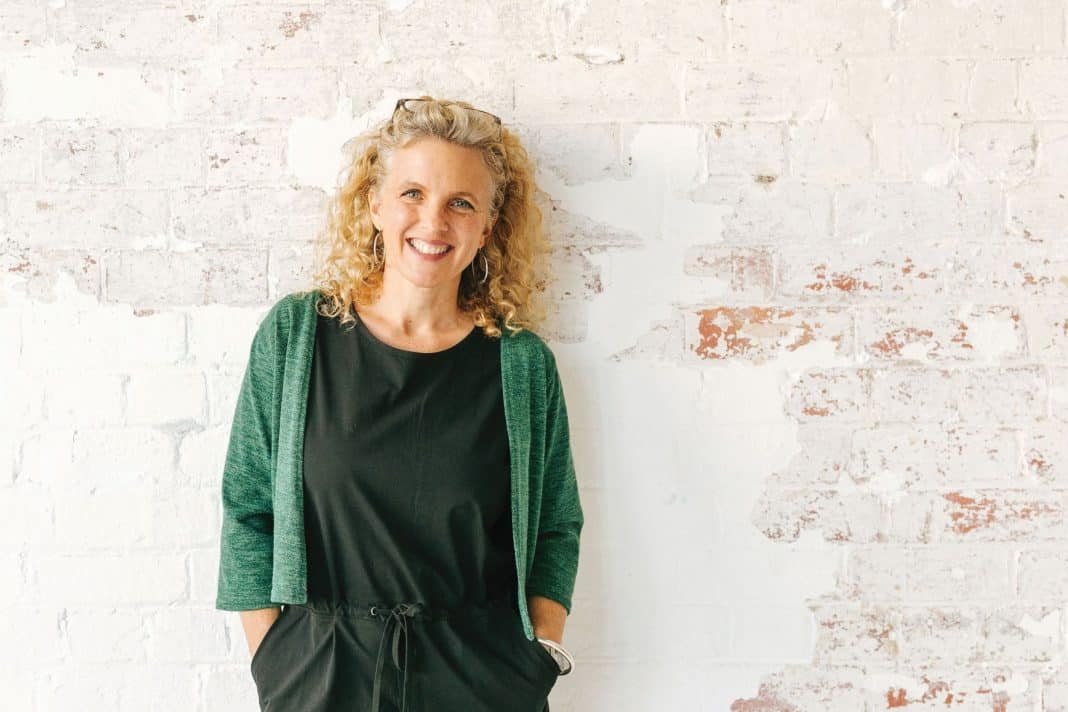One of the country’s favourite children’s authors, Sally Rippin has launched her debut non-fiction book, and her first targeted at adults. Wild Things is a mixture of memoir and research; Rippin shares stories from her own life while helping those who have children who struggle with reading.
The driving force behind the book was the thought that she could have done better by her own son, who is referred to as Sam in the book. When Sam was about seven, he wasn’t keeping up with other children his age, saying he hated reading. They continued trying to push reading on him in the hope that one day it would just click.
“He was a sunny, sweet kid, but in high school things really started to show he wasn’t coping at all,” Rippin says.
By the time he was in year nine, Sam was talking about leaving school, so Rippin decided to investigate things further.
Titled Wild Things after her favourite children’s book, Where the Wild Things Are by Maurice Sendak, Rippin wanted to shine a light on children like Sam, while reassuring parents whose children were falling through the cracks, despite following advice, that they’re not alone.
“That was a big lesson; the expectations that I had for him weren’t necessarily the best ones for him,” Rippin says.

Torn between believing she couldn’t write the book and being obsessed as to why she should, Rippin started her research. Talking to other parents, reading about what happens in the brain as we learn to read saw things start to come together.
“I tricked myself into it, I just wanted to put it into a file for friends that were going through the same thing,” she says.
Then the world was thrown into lockdowns. Living in Melbourne, Rippin had a lot of time stuck inside with her desk and the research file. She decided to include stories from her own life to lighten the load of resources and to help keep readers engaged.
“I think stories are a great way to get information across, I could put a lot of myself in the book,”
Rippin believes the only way to ensure children are meeting learning milestones regarding literacy and reading is through a phonics program. She says a lot of schools use books that encourage memorising or children to guess what is on the page which doesn’t help them in the long run.
“If they can guess, that is close enough, but this isn’t true. Most kids will need to be taught, especially those with dyslexia.”
Rippin says that children who can’t read struggle across the board, it impacts all aspects of their life, particularly their self-worth.
“Language can be a struggle for people with dyslexia. he finds it hard to articulate his thoughts, he thought he was dumb, he had written himself.”
The author laughs as she admits how much she values the internet for helping her son learn now, the deep dives into niche topics like astrophysics. Most of his learning is done through videos online as he can access the information, he wants without having to try and read through countless pages to find it.
“I was a smug mother back then, internet free Sundays it would be ‘come on we’re having reading time’. I was happy to preach to other mothers, I’ve had to swallow my pride on that one,”
Her research as well as a counseling course she undertook in one of the lockdowns, has helped Rippin better understand her son. They have been able to form deeper connections and foster an environment for further learning, Sam has discovered a love for mathematics.
Sally Rippin’s Wild Things is available in stores and online now; sallyrippin.com
Canberra Daily is keen to hear from you about a story idea in the Canberra and surrounding region. Click here to submit a news tip.



